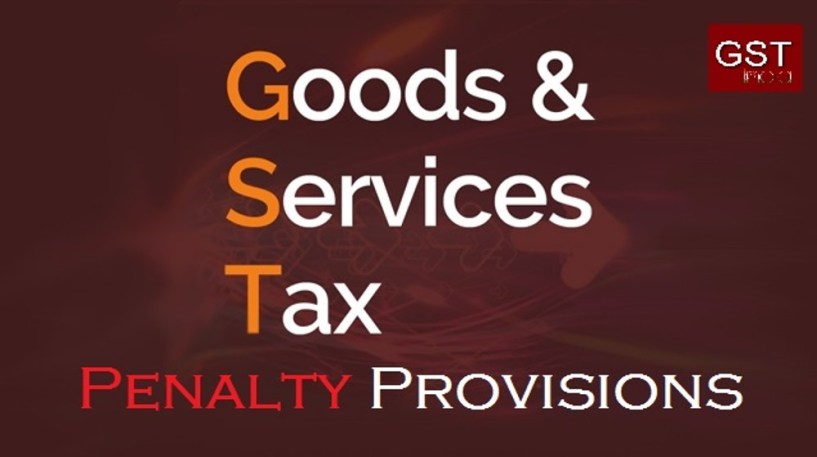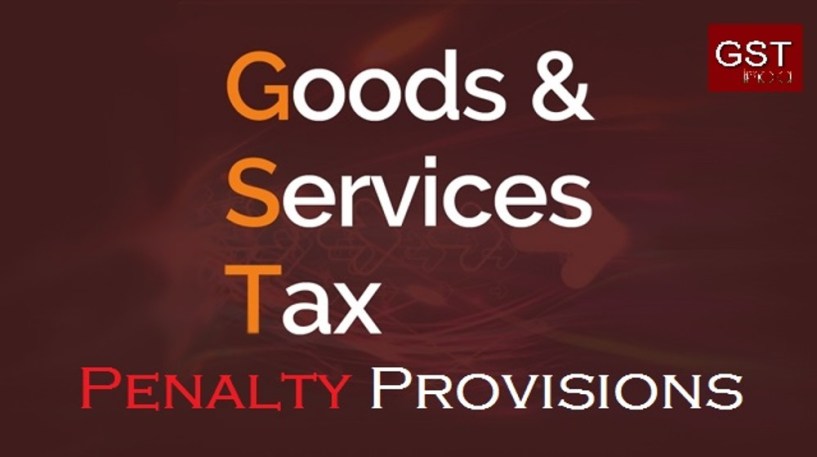Tax evasion upto Rs.2 crore bailable offence: GST Council
Fri 20 Jan 2017, 12:37:07
The GST council has decided that tax evasion up to Rs. 2 crore will be a bailable offence.
To make the Goods and Services Tax or GST regime less onerous, the centre and states have decided to water down the penal provisions to ensure a trader gets immediate bail if the alleged tax evasion is up to Rs. 2 crore.
The GST Council, in its last meeting, has decided that the provision of arrest will be restricted to forgery and non-deposit of collected taxes with the exchequer within the stipulated time frame.“In case of offences where the amount does not exceed Rs. 2 crore, the person arrested for violation of GST laws will be entitled to bail,” an official said, adding that the penal provisions in the
GST will be less onerous than the provision in the Indian Penal Code (IPC) for the same type of offences.
GST will be less onerous than the provision in the Indian Penal Code (IPC) for the same type of offences.
Under the IPC 1860, forgery and cheating are non-bailable offence, which means that bail can only be granted by a court.Most other offences like availing of wrong input tax credit or refund and failure to furnish documents, which were earlier listed in the revised draft GST law for prosecution, will not lead to arrest but may attract only financial penalty.
While in the case of service tax, there is a provision of arrest for non-deposit of the tax beyond Rs. 50 lakh with the government, the excise law gives the Commissioner discretion to invoke arrest provision in the case of default.
No Comments For This Post, Be first to write a Comment.
Most viewed from Business
AIMIM News
Latest Urdu News
Most Viewed
May 26, 2020
Do you think Canada-India relations will improve under New PM Mark Carney?
Latest Videos View All
Like Us
Home
About Us
Advertise With Us
All Polls
Epaper Archives
Privacy Policy
Contact Us
Download Etemaad App
© 2025 Etemaad Daily News, All Rights Reserved.
































